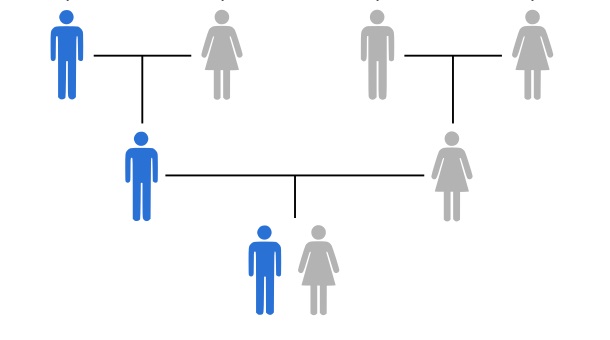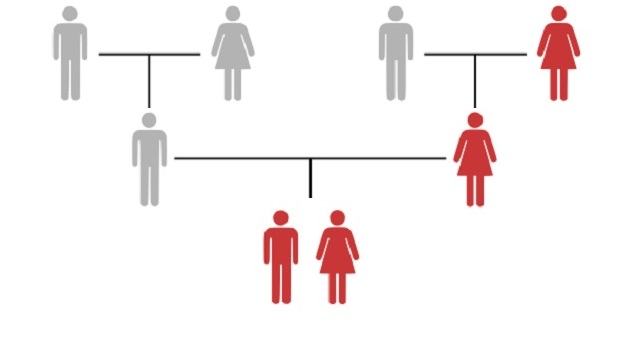What is Autosomal DNA?
Autosomal DNA is the DNA located in the 22 pairs of chromosomes that are not involved in determining a person’s sex. Every person has 46 chromosomes in total, divided into 23 pairs. One of these pairs of chromosomes will determine whether you are a male or a female. Autosomal DNA is inherited from both your mother and your father, and contains information from all your ancestors.
How is Autosomal DNA Inherited?
When a baby is conceived, they receive half of their autosomal DNA from their mother and half from their father. This means that each child gets a mix of DNA from their grandparents on both sides. Because autosomal DNA comes from all of your ancestors, it provides a broad picture of your genetic heritage.
Tracing Ancestry
Autosomal DNA can be used to trace your ancestry and find out where your ancestors came from. Since it comes from all your ancestors, it can give you a complete picture of your family tree. By analyzing the results, scientists and genetic genealogists can help you discover relatives you did not know you had and learn about your ethnic background.
How is Autosomal DNA Tested?
To test your autosomal DNA, companies need a sample of your DNA. This is usually collected using a simple and painless cheek swab or a saliva sample. The sample is then sent to a laboratory, where scientists analyze the autosomal DNA. They look at specific parts of the DNA called markers. By comparing these markers with those of other people, they can find out how closely related you might be and where your ancestors came from.
Centimorgans and Segments
In autosomal DNA testing, scientists measure the amount of DNA shared between two people in units called centimorgans (cM). The more centimorgans you share with someone, the closer your relationship. DNA is also divided into segments. The more segments of DNA you share, the more likely you are to be closely related.
Summary
Autosomal DNA is the DNA found in the 22 pairs of chromosomes that are not related to determining sex. It is inherited from both parents and contains information from most of your recent ancestors. Autosomal DNA testing can help you trace your ancestry, find relatives, and understand your health risks. By analyzing your autosomal DNA, you can learn about your genetic heritage and connect with family members from all over the world.


